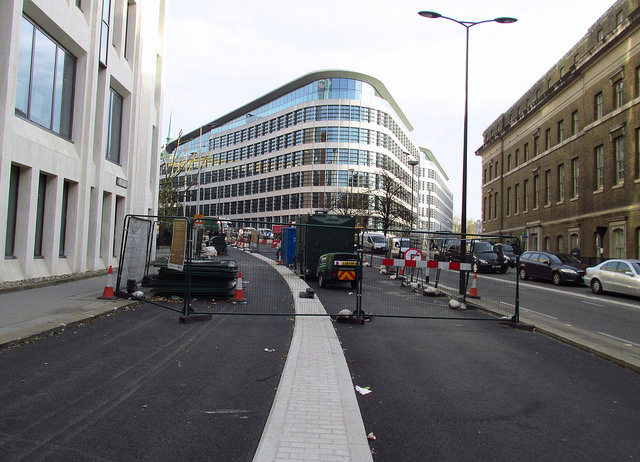Intense lobbying by Britain's education sector and others has resulted in the Tier 1 Post Study Work immigration scheme continuing for another year. Tier 1 PSW allows non-EU students of UK educational institutions to live and work in the UK after graduation for up to two years. The Government is also expected to allow private further-education colleges which provide "pathway" courses to apply for student visa sponsorship accreditation.
Topical:





